Stomach sleepers, who prefer lying on their stomachs, may face challenges. Doctors do not recommend this position because it can cause back and neck pain and breathing difficulties due to pressure on the throat and lungs.
Stomach sleepers should pay attention to discomfort and adjust their sleeping position, pillow, or mattress accordingly. It's worth noting that most of us are side and back sleepers, with only 7% of people being stomach sleepers.
In the following sections, we'll explore stomach sleeping and offer tips for improving sleep in this position.
Common Stomach Sleeping Positions
Stomach sleeping goes beyond simply lying face down—individuals may have different positional preferences. Here's a guide to help you improve comfort and spinal alignment. Identify the specific sleeping position on your stomach that suits you best.
Freefall
The freefall sleeping position involves lying face down with arms extended forward and head turned to one side. In this stance, the sleeper's stomach touches the mattress, while the legs are usually straight or slightly bent. Freefall sleepers often position their hands underneath or near the pillow, creating a sensation of freefall or floating.
Skydiver
Similarly, skydivers sleep on their stomachs with one leg raised and arms positioned near their heads or around their pillows, replicating the sensation of being suspended in the air. However, this stance exerts additional strain on the neck and back.
Running Man
As the name implies, the running man's position mirrors the runner's mid-stride posture. The sleeper lies on their stomach, one leg extended straight and the other crossed over. The sleeper keeps one arm straight at the side while bending the other at the elbow.
How to Properly Sleep on Your Stomach

If stomach sleeping is your preferred position, here are some tips to improve spinal alignment. While these suggestions may not entirely resolve issues related to stomach sleeping, they can help lessen some of the aches or discomfort you may encounter.
Use a Thin or Moldable Pillow for Sleeping
Finding the correct thin pillow can prevent your head and neck from being elevated too high, leading to spinal misalignment. Consider using a low-loft pillow or no pillow at all. Alternatively, look for a moldable pillow to customize the loft to your desired level for personalized support.
Sleeping with a Pillow Beneath Your Pelvis
Adding a pillow under your pelvis provides extra support for your lower back, promoting a more neutral spine alignment, which can help redhyuce any pain you might experience from sleeping on your stomach.
Choose a Mattress That Promotes Spinal Alignment
Choosing the right mattress firmness can help support your spine. A medium to firm mattress relieves pressure points, especially around the hips, during sleep. Look for a mattress designed to prevent sinking too much, which can be helpful for stomach sleepers with back pain. However, women may find a softer or medium mattress more comfortable overall.
Keep Your Legs Straight While Sleeping
To maintain hip alignment, aim to keep your legs straight while sleeping. Stomach sleepers often bend or cross one leg, leading to hip pain due to misalignment. Instead, extend your legs straight with your feet hanging off the edge of the bed, pointed downward, to help keep your hips aligned throughout the night.
Ensure Proper Body Alignment Before Going to Sleep
Before falling asleep, align your neck, spine, hips, and legs. This practice can prevent you from adopting awkward sleeping positions on your stomach and reduce the chances of tossing and turning into an uncomfortable posture.
Stretch Daily
Make it a habit to stretch both in the morning and before bed to reduce tension in your upper and lower back. Sleeping in a fixed position can lead to stiffness. Stretching can also prevent neck soreness, as many stomach sleepers sleep with their heads turned to the side.
What Happens When You Sleep on Your Stomach?

Sleeping on your stomach may feel comfortable for some, but it can affect your body and overall health.
1. Spinal Misalignment and Pain
One major problem with sleeping on your stomach is that it can misalign your spine. Lying this way forces your spine into an uncomfortable position, which can strain the muscles and joints in your back. Also, turning your neck to the side while in this position can cause neck pain and stiffness over time.
2. Facial Breakouts
Sleeping on your stomach can lead to facial breakouts and skin problems. Pressing your face into a pillow for long periods can block pores and trap bacteria, oil, and dirt, potentially causing acne and other skin irritations. The friction between your face and the pillow can cause creases and wrinkles, especially around your eyes and mouth.
While stomach sleeping may provide temporary comfort for some individuals, it can have long-term consequences for spinal health and skin conditions. If you're a stomach sleeper experiencing discomfort or noticing skin problems, consider trying different sleeping positions or investing in pillows and mattresses designed to support proper spinal alignment. Making these adjustments can help alleviate pain and promote better overall sleep quality.
How to Choose a Mattress for Sleeping on Your Stomach
Choosing the right mattress can make sleeping on your stomach comfortable. How to choose a mattress? The best mattresses are firm and contouring. Firmness prevents excessive sinking, avoiding an unnatural spine curve and potential back pain. Contouring supports your body's natural curves, especially around your hips and pressure points, maintaining spine alignment and preventing discomfort.
We recommend high-quality memory foam. It supports your pelvis while allowing your head to rest correctly, keeping your spine in natural alignment and minimizing back pain. Memory foam's adaptability and varying firmness levels ensure a balance of support and comfort for stomach sleepers.
Additionally, stomach sleepers trap heat beneath their bodies, so choosing a mattress that effectively releases heat is essential.
Selecting the Right Pillow for Stomach Sleepers
For stomach sleepers who prefer a pillow, choosing a low-loft, soft-to-medium-firmness pillow is critical. To customize support, look for moldable and adjustable options, like memory foam or latex. Choose hypoallergenic pillows with washable covers and cooling features to ensure comfort and cleanliness.
How to Stop Being a Stomach Sleeper
Adopting a new sleep position requires time and patience, but there are preferable alternatives to stomach sleeping. You'll gradually notice positive benefits as you prioritize finding a better position. Here are some tips to support the transition and help you fall asleep faster:
- Get a New Mattress: If your mattress is uncomfortable, you might sleep on your stomach. Consider getting a quality mattress to improve your overall sleep experience. A hybrid mattress, combining foam comfort layers and a coil system, can offer targeted support and cooling benefits.
- Sleep with a Body Pillow: A pillow between your arms and legs can encourage a more comfortable side-sleeping position. It provides additional support, helping you maintain the position instead of rolling onto your stomach during the night.
- Try the Tennis Ball Trick: To overcome your stomach sleeping habit, create an obstacle by introducing discomfort. Place a tennis ball in your pajama pocket or position it at chest level to discourage yourself from rolling onto your stomach.
- Use a Weighted Blanket: A weighted blanket can help you transition from a stomach sleeping position. The gentle pressure provides a sense of security and comfort, easing the discomfort of changing your sleeping habits. It also helps prevent tossing and turning, keeping you in your new position overnight.
FAQs
How should you position a pillow when sleeping on your stomach?
When sleeping on your stomach, you can place the pillow under your pelvis to support your lower back and maintain a more neutral spine alignment.
Can sleeping on your stomach harm your back?
Yes. Sleeping on your stomach may hurt your back because it can make your spine bend and put pressure on your neck and lower back, which can cause pain.
Is it wrong to sleep on your stomach?
Yes. The Mayo Clinic notes that sleeping on your stomach can strain your back and spine. Because most of your weight is concentrated in the middle of your body, keeping your spine in a neutral position while sleeping becomes challenging.












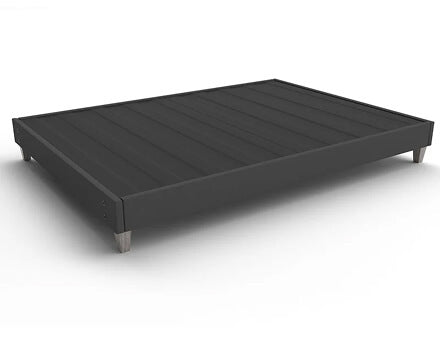


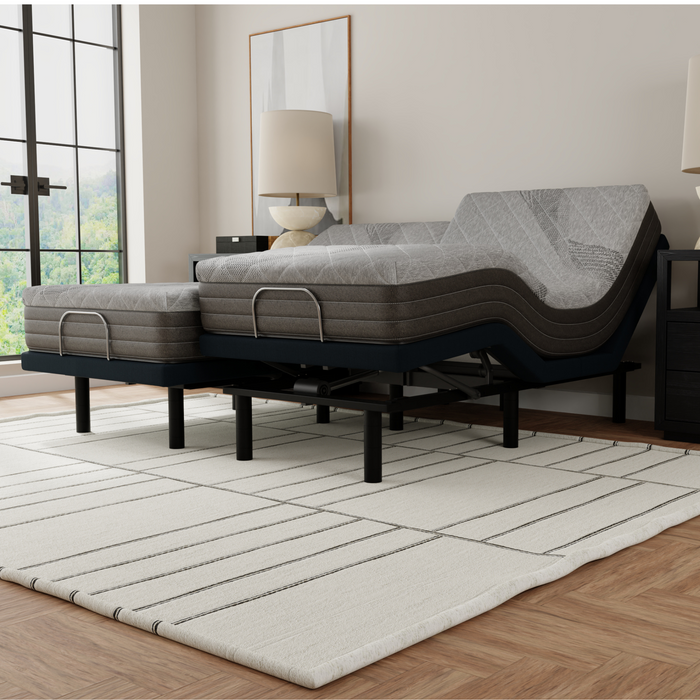
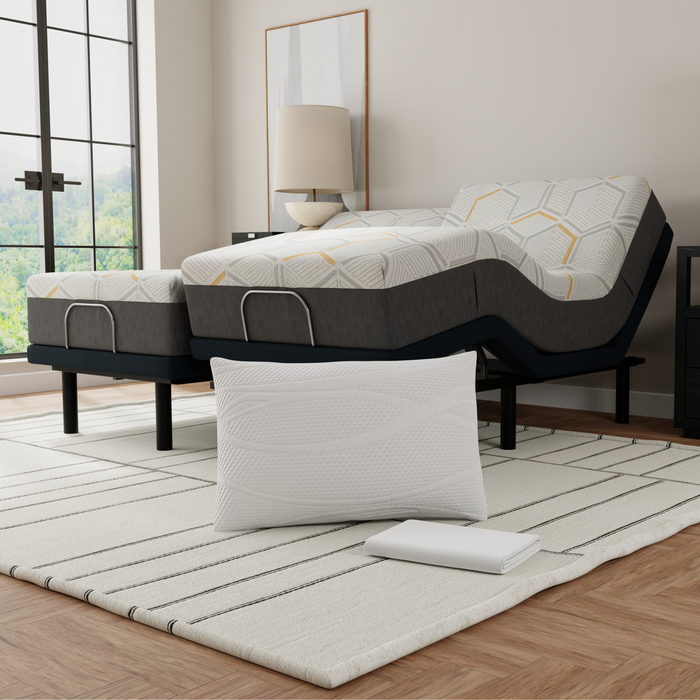
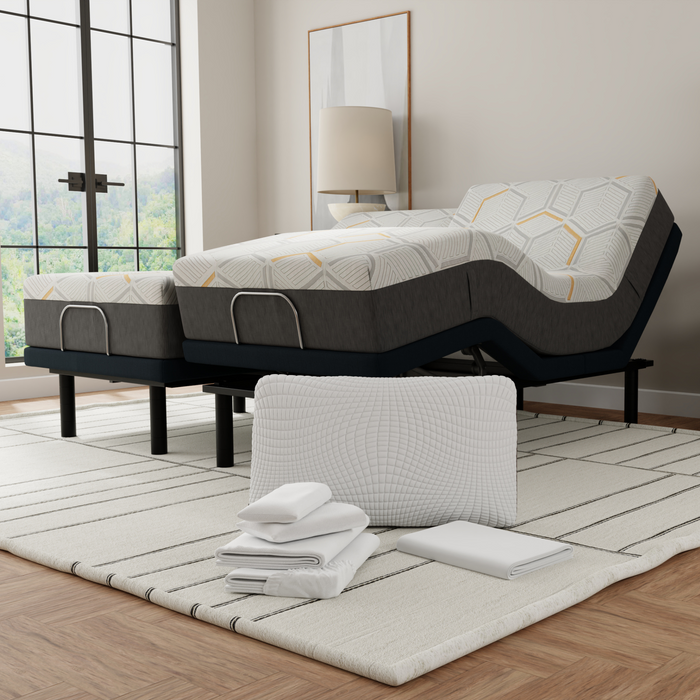
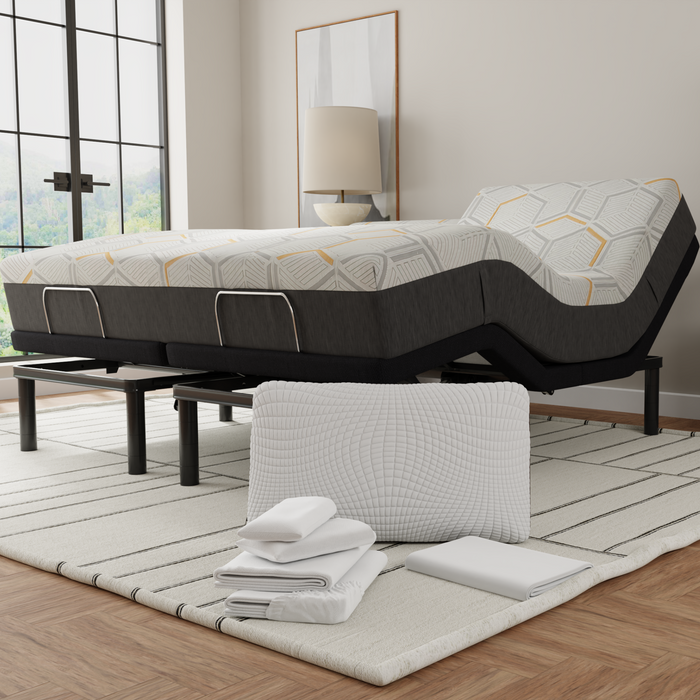


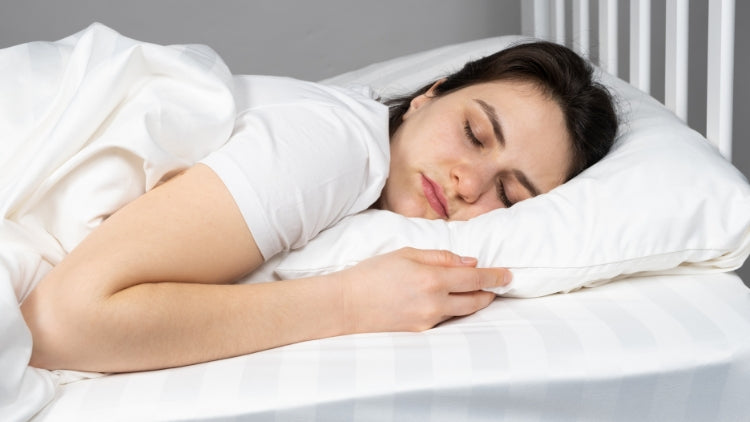
Leave a comment
This site is protected by hCaptcha and the hCaptcha Privacy Policy and Terms of Service apply.